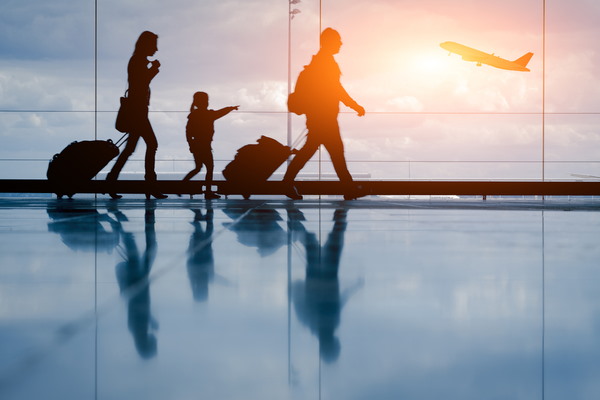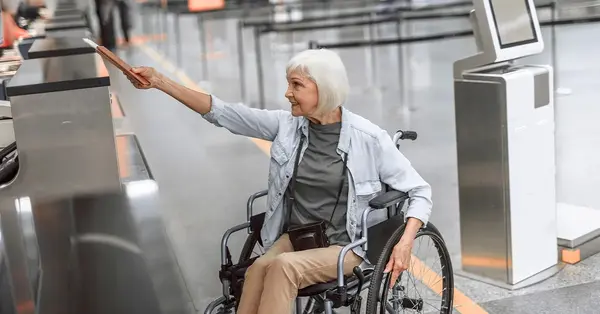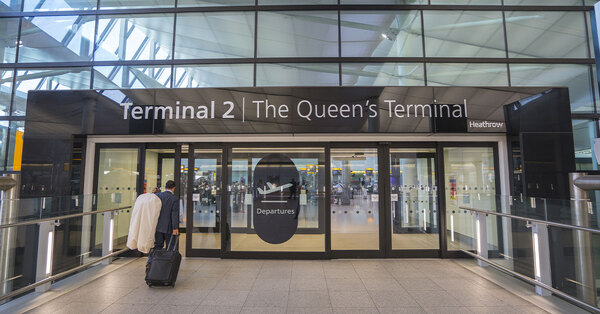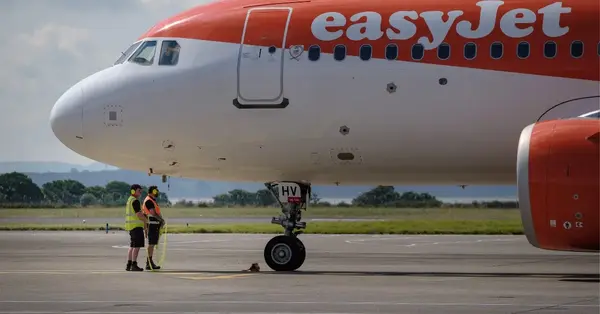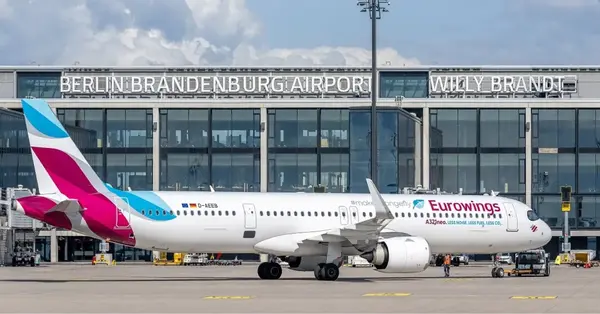You are viewing 1 of your 2 free articles
Global Travel Taskforce publishes framework for restart
The Global Travel Taskforce has outlined its framework for the restart of international travel, with confirmation of a requirement for ‘gold-standard’ PCR tests post-arrival but a commitment to assess options for reducing costs including the use of cheaper tests.
As announced earlier this week, recommendations include a three-tier ‘traffic light’ system for grading countries, with an initial list to be published “by early May” alongside confirmation of whether international travel can restart at the earliest possible date of May 17.
To ensure the reopening of travel is “accessible and affordable”, the current ‘permission to travel form’ will be removed alongside the easing of restrictions, meaning passengers will no longer need to provide a valid reason for leaving the country.
A ‘Green Watchlist’ will also be introduced to highlight countries at risk of moving from the low-risk green category to amber. However, the taskforce report said the government “will not hesitate to act immediately should the data show that countries’ risk ratings have changed”.
The report confirms the UK will play “a leading role in the development of international standards around a digital travel certification system” with assessment ongoing of how certification could ease outbound and inbound travel.
Other developments include plans to digitise the current Passenger Locator Form, “enabling checks to take place at e-gates by autumn 2021”, enhanced enforcement powers for the CAA to protect consumer rights and the introduction of a ‘Covid-19 charter’ setting out requirements and rights of passengers while measures remain in place.
The allocation of countries within the traffic light system will be kept under constant review, with formal reviews of all restrictions to take place on June 28 and at ‘checkpoints’ no later than July 31 and October 1.
Transport Secretary Grant Shapps said: “International travel is vital – it boosts businesses and underpins the UK economy – but more than that, it brings people together, connects families who have been kept apart and allows us to explore new horizons.
“The framework announced today will help allow us to reopen travel safely and sustainably, ensure we protect our hard-won achievements on the vaccine roll out and offer peace of mind to both passengers and industry as we begin to take trips abroad once again.”
Much of the industry’s focus this week had been on the cost of testing requirements, and the report confirmed that more-expensive PCR tests would be required post-arrival.
However, in a note echoing comments made by prime minister Boris Johnson on Tuesday, it added: “We will work with the travel industry and private testing providers ahead of international travel reopening to see how we can further reduce the cost of travel for the British public while ensuring travel is as safe as possible.
“This could include cheaper tests being used when holidaymakers return home, as well as whether the government would be able to provide pre-departure tests.”
The requirements for green, amber and red list countries were confirmed as follows:
- Green: Arrivals will need to take a pre-departure test as well as a PCR test on or before day 2 of their arrival back into the UK but will not need to quarantine on return (unless they receive a positive result) or take any additional tests, halving the cost of tests on their return from holiday
- Amber: Arrivals will need to quarantine for a period of 10 days and take a pre-departure test, a PCR test on day 2 and day 8 with the option for Test to Release on day 5 to end self-isolation early
- Red: Arrivals will be subject to restrictions currently in place for ‘red list’ countries which includes a 10-day stay in a managed quarantine hotel, pre-departure testing and PCR testing on day 2 and 8
Key factors in the assessment of countries will include the percentage of the population that have been vaccinated, the rate of infection, the prevalence of variants of concern and the country’s access to reliable scientific data and genomic sequencing.
The report noted: “The UK is a global leader in genome sequencing, which in positive cases allows the identification of variants of concern. The risks posed by these variants remain significant.”
More: Government confirms traffic light plan for international travel
Travel industry ‘disappointed’ by PM’s Easter update

